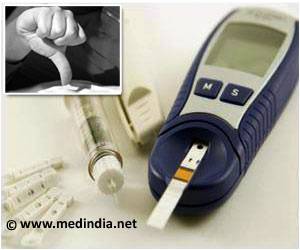BIND Therapeutics revealed that phase 1 clinical data for BIND-014, the company’s leading drug candidate, have been positive.

"In addition to confirming the safety, tolerability and maximum tolerated dose of BIND-014, these data also provide encouraging signs of anti-tumor activity in a variety of solid tumors," said Gregory Berk, M.D., Chief Medical Officer of BIND Therapeutics. "Based on these data, BIND is moving expeditiously to advance BIND-014 into multiple Phase 2 clinical trials in 2013 including non-small cell lung cancer, prostate cancer and bladder cancer."BIND-014 represents the first targeted and programmable Accurin nanomedicine to reach the clinic from BIND's proprietary drug development platform that creates targeted therapeutics designed to accumulate at the site of disease for high drug concentration and maximum therapeutic effect. BIND- 014 employs a combination of a targeted biodegradable nanoparticle and docetaxel, a well-established chemotherapy agent.In an oral presentation entitled "A Phase 1 Study of BIND-014, a PSMA-targeted Nanoparticle Containing Docetaxel, in Patients with Refractory Solid Tumors," Dr. Von Hoff presented complete Phase 1 clinical data of BIND-014 consistent with previously reported preliminary observations in which safety, tolerability and efficacy in multiple tumor types was demonstrated.
- BIND-014 was generally safe and well-tolerated with transient and manageable neutropenia as the dose limiting toxicity. Minimal neuropathy, mucositis, fluid retention, rash, and nail changes were observed.
- Established the maximum tolerated dose of 60 mg/m2 when administering BIND-014 on a once every 3 week (Q3W ) schedule.
- Evidence of anti-tumor activity was shown with BIND-014 at 60mg/m2 in nine out of the 28 patients treated, ranging from one complete response (cervical cancer), three partial responses (non-small cell lung cancer, prostate and ampullary) and five patients with stabilization of disease lasting at least four cycles (> 12 weeks; pancreatic, colorectal, gall bladder, tonsillar and anal cancer).
- The PK profile of BIND-014, characterized by prolonged and elevated encapsulated docetaxel levels, was highly differentiated from published PK of conventional docetaxel.
Source-Eurekalert













